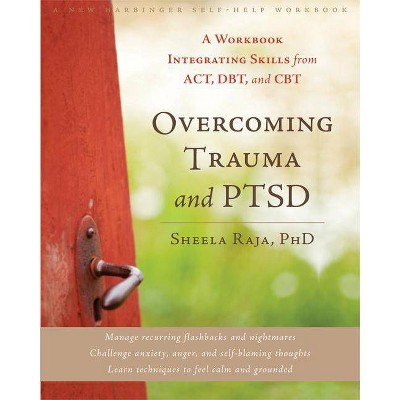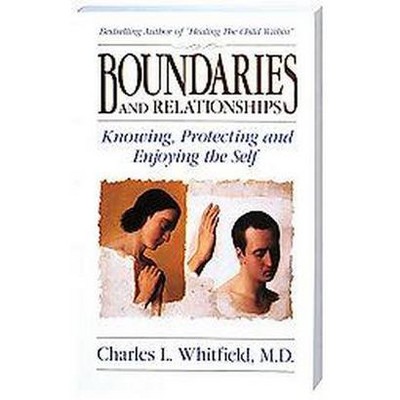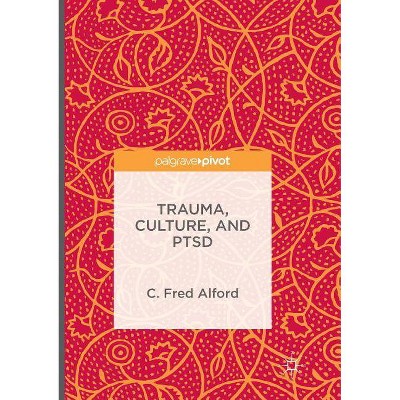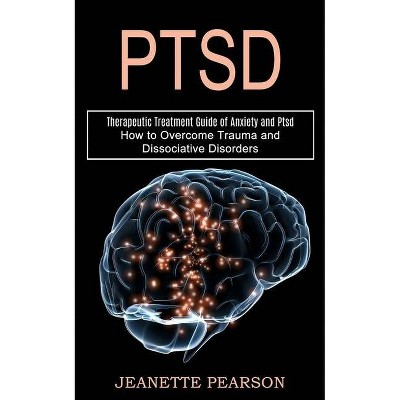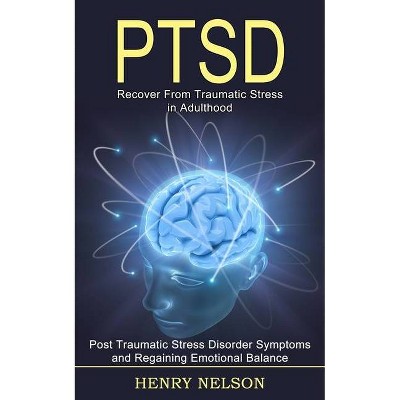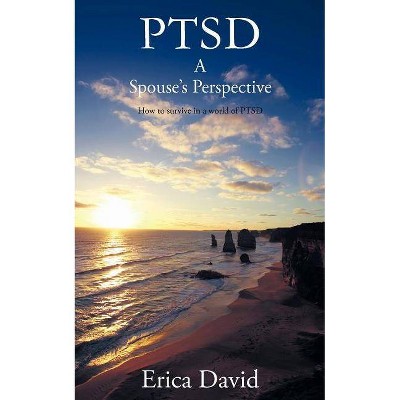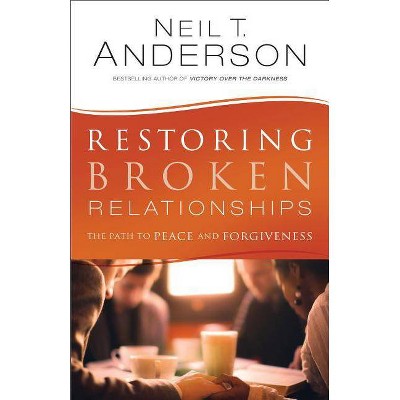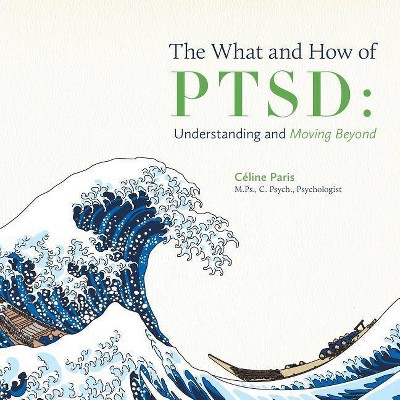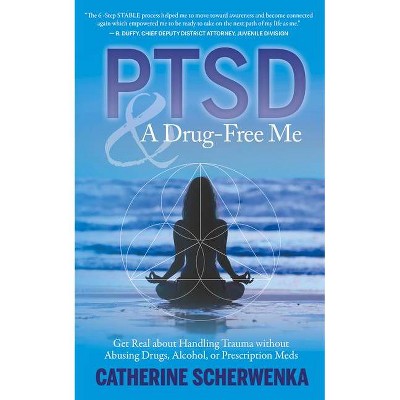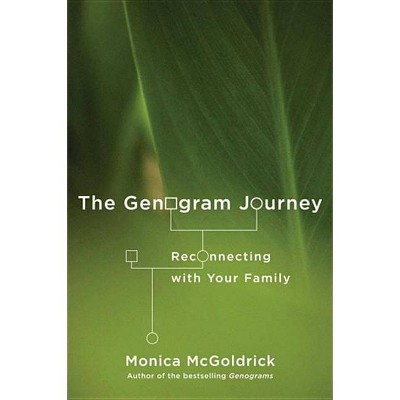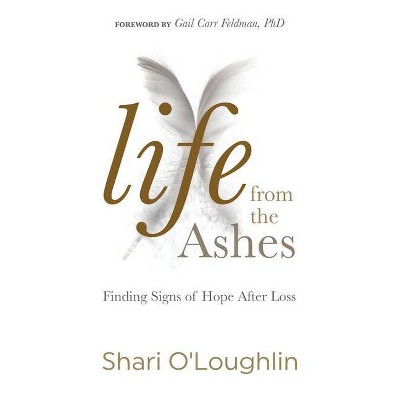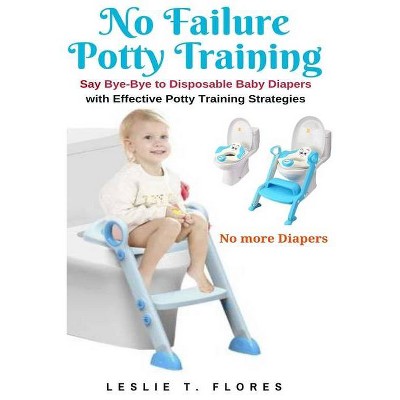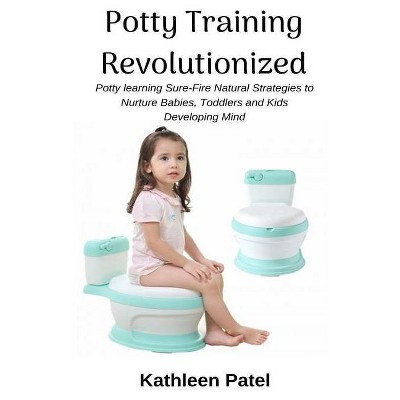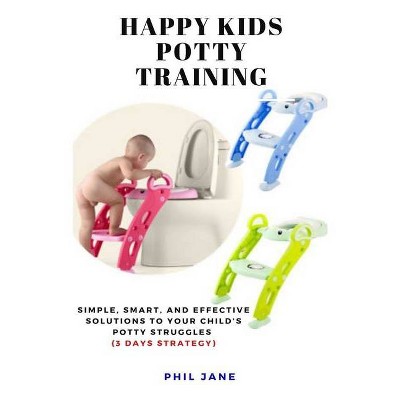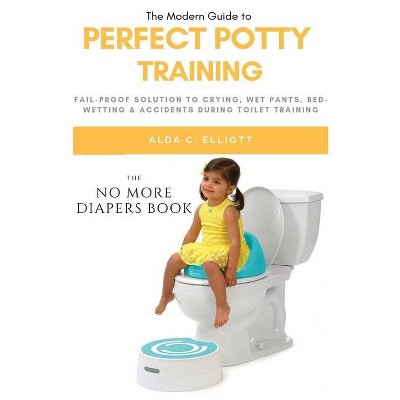PTSD and Relationships - by Tim L Gardner (Paperback)
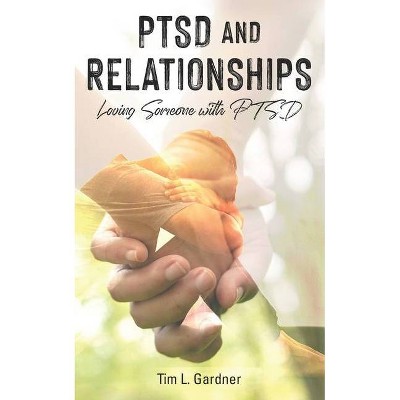
Similar Products
Products of same category from the store
AllProduct info
<p/><br></br><p><b> Book Synopsis </b></p></br></br>Witnessing your loved one suffer hurts. Find out what you can do to support them without putting your relationship at risk... <p><i>Post-traumatic stress disorder</i>, also known as <i>PTSD</i>, is an anxiety disorder that can develop after having witnessed or experienced a traumatic event. Contrary to popular belief, this condition doesn't only affect soldiers, but also people from all backgrounds and of any age.</p> <p>Did you know that an estimated <b>8 million adults</b> are affected by PTSD in the US</p> <p>And that's not counting the family and friends who feel the effects of the disorder as well.</p> Living with someone suffering from PTSD can prove to be extremely <b>stressful</b> and <b>disheartening</b>, as all you wish is to see them happy and acting like their normal selves. Although you may want to help, if you aren't well informed or equipped with the right tools and knowledge, it will be nearly impossible for you to make a positive difference.</p> <p>By taking the time to educate yourself and know what to prepare for, you will have everything you need to serve as a vital piece to the recovery puzzle.</p> <p>In <i>PTSD and Relationships</i>, you will discover: </p> <ul><li>How to support and encourage your loved one through their PTSD <b>without putting your own health and happiness at risk</b> <li>Why telling your loved one reassuring phrases such as, "Everything is going to be okay," is actually doing them <b>more harm than good</b>, and what you should say instead that will aid in their recovery <li>How it feels to be in your loved one's shoes, allowing you to better understand their condition and bring forth the <b>sensitivity</b> and <b>compassion</b> they're in great need of <li>The most effective <b>PTSD treatments</b> available, and how to figure out which approach would be the best option for assisting your loved one through their recovery <li>Why these common ways to react to someone suffering from PTSD aren't helping them, neither in the short-term nor the long-term, and how you should appropriately handle their behavioral changes <li>The top 10 ways PTSD scrambles a person's <b>communication skills</b>, and how to overcome those road bumps in order to stimulate their progress <li>Why <b>taking proper care of yourself</b> is essential to your well-being, even when your loved one is suffering from PTSD (And no, it does not mean you are selfish or make you a bad person!)</ul> <p><i>And much more.</i></p> <p>If someone you love has been diagnosed with PTSD, yet you don't know the first thing about the disorder, then educating yourself with the proper knowledge is essential in order to be a <b>helpful resource</b> in their recovery. By familiarizing yourself with the ups and downs that coincide with the condition, you'll know exactly <b>what to expect</b> and how to handle certain situations, should they arise.</p> <p>Even if the relationship between you and your affected loved one has dealt with several blows and is worsening as a result of the PTSD, it's never too late to mend the cracks and <b>strengthen your bond</b> thereafter. Although it may take a great deal of time and patience, it is well worth it in the end when you get to witness how much he or she has learned and grown through the process.</p> <p>No one wants to see their best friend, family member, or spouse struggle through hardship.</p> <p>Show them you're the rock in the relationship and that they can always count on you for support and love whenever they need it, no matter the reason.</p> If you want to discover how you can aid your loved one through their PTSD recovery without jeopardizing your own well-being, then scroll up and click the "Add to Cart" button right now.
Price History
Price Archive shows prices from various stores, lets you see history and find the cheapest. There is no actual sale on the website. For all support, inquiry and suggestion messagescommunication@pricearchive.us
